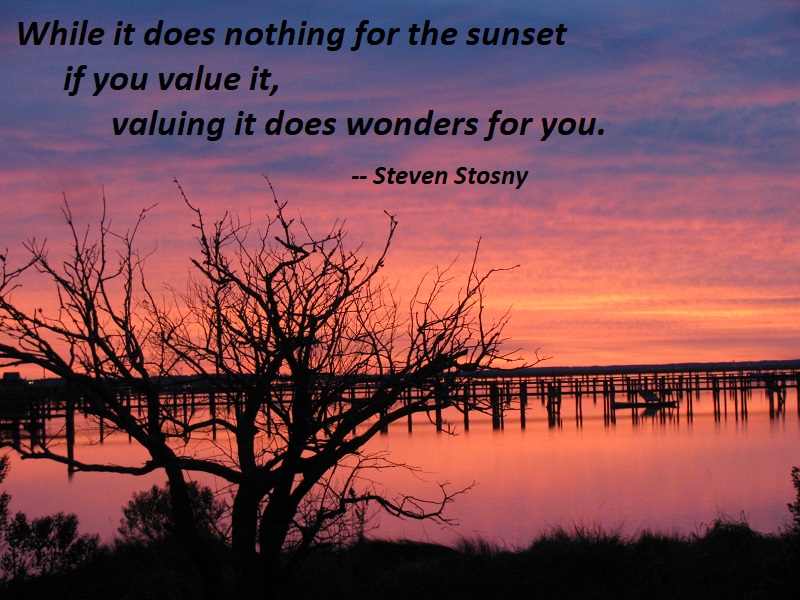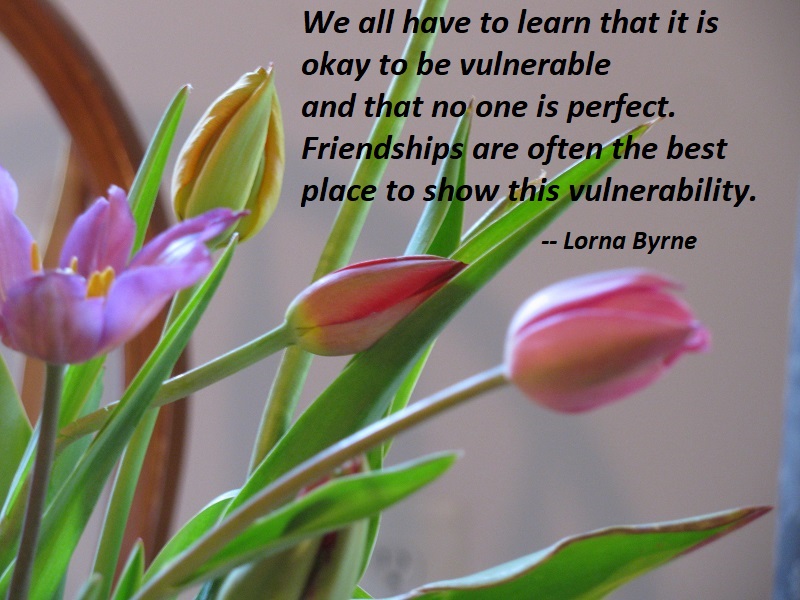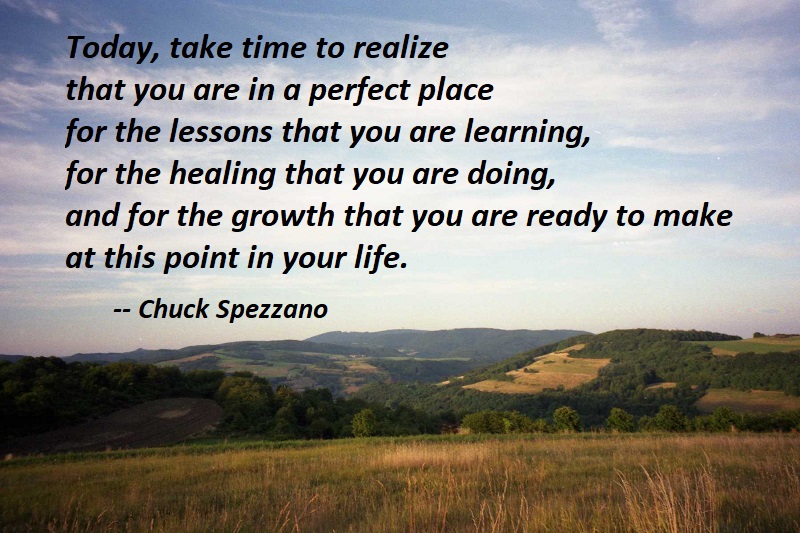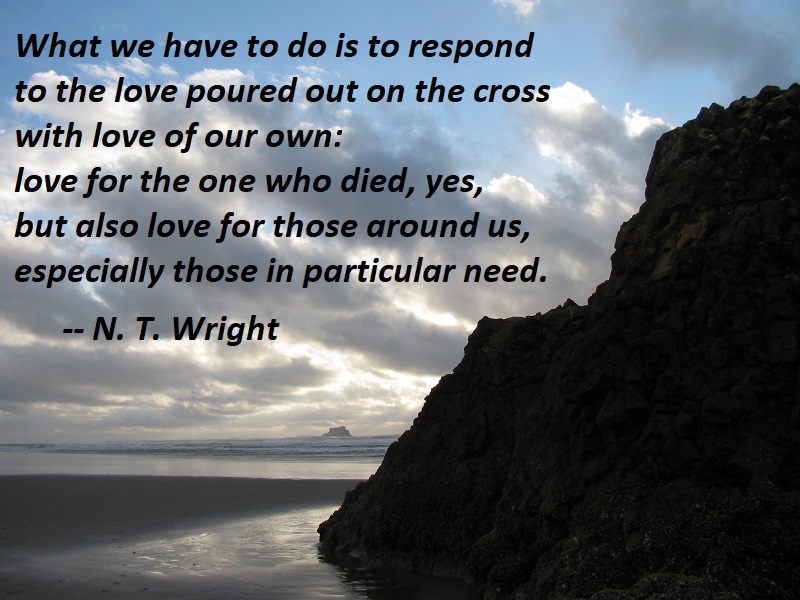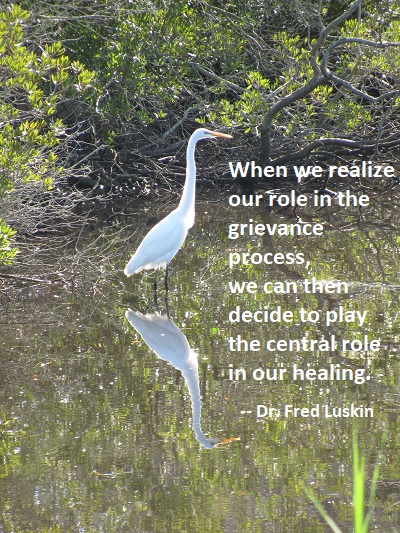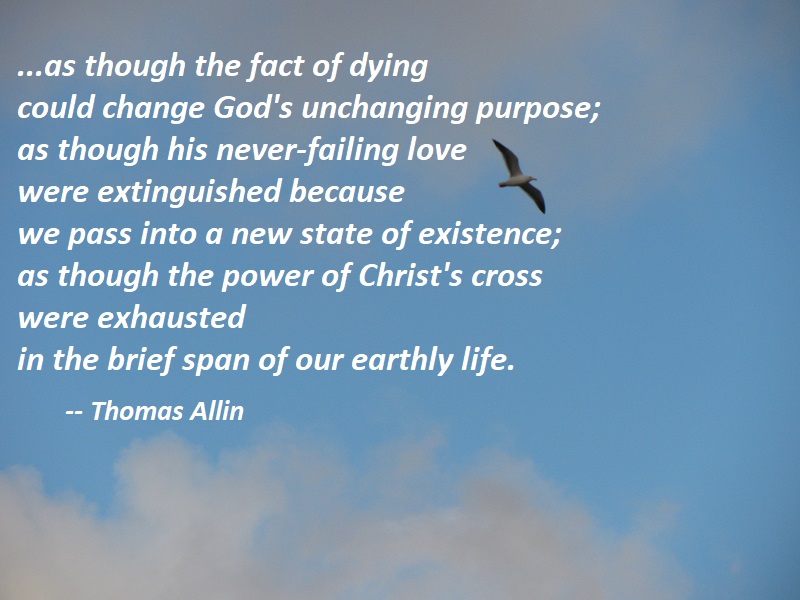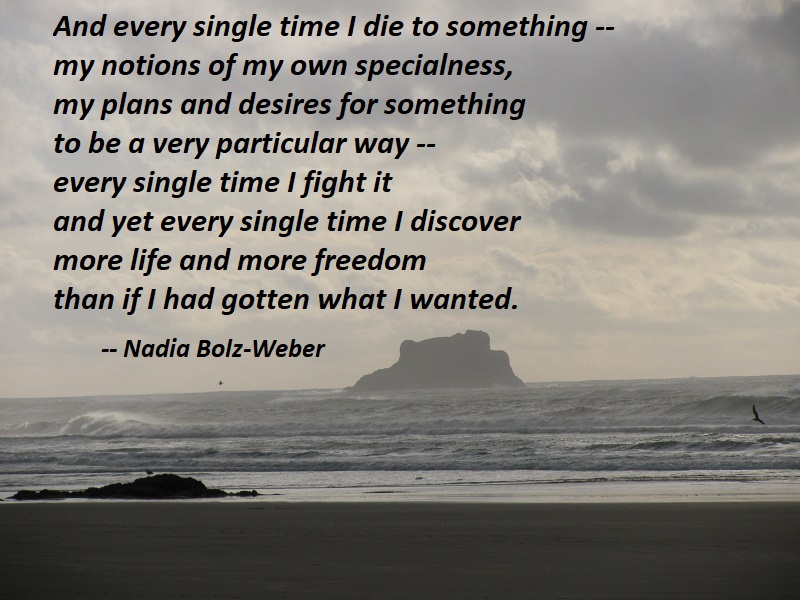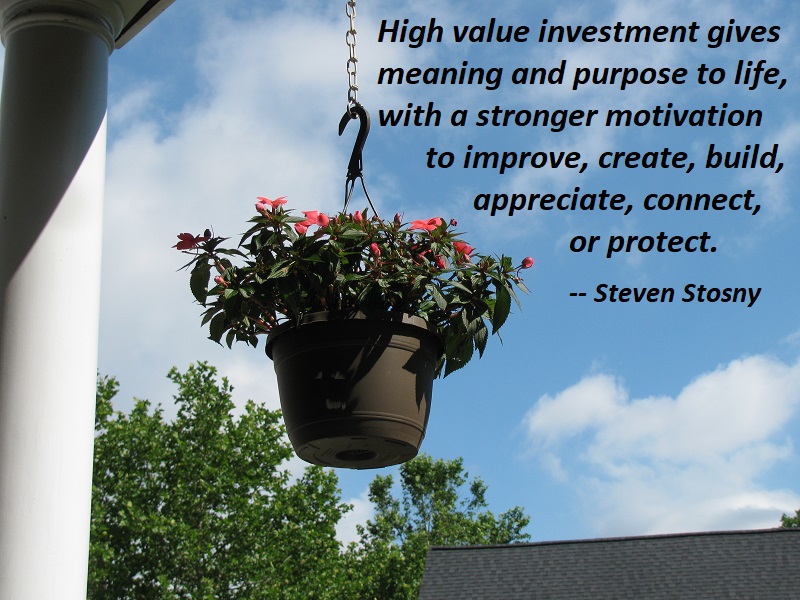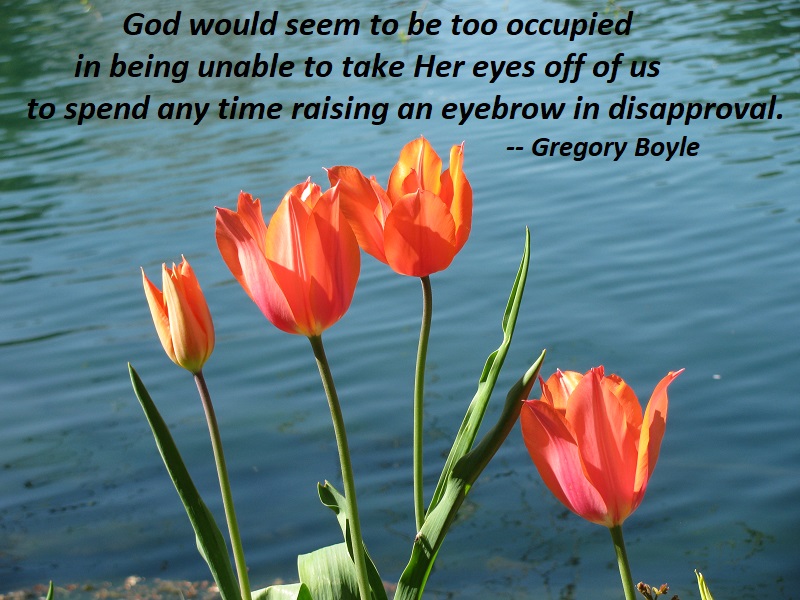Creating Value
Although we have an innate drive to create value, we have to make choices of who and what to value. A sunset has value if, and only if, you give it value — you invest energy and effort to fully perceive it, thus allowing you to appreciate it. While it does nothing for the sunset if you value it, valuing it does wonders for you. The moment of value creation makes you feel more vital, engaged, interested, appreciative — in short, more alive. Life means more to you at the instant you create value, just as it means less to you when you are not creating value. Most positive emotion, passion, meaning, purpose, and conviction come from creating value, and most emptiness, aggression, and depression result from failure to create value.
— Steven Stosny, Living and Loving After Betrayal, p. 57-58
[Photo: Waterside Inn, Chincoteague, Virginia, November 2017]
